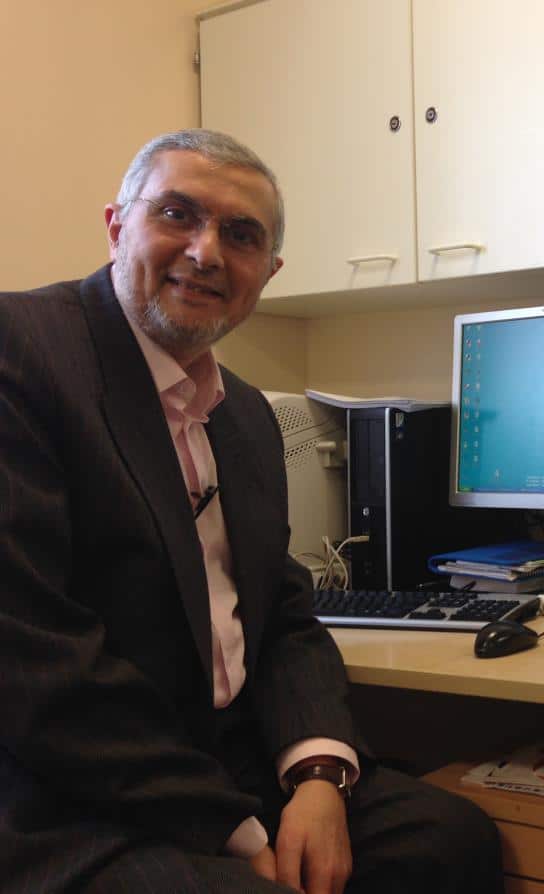HELPING SAVE the life of a president is just one page in the life story so far of Sandwell and West Birmingham Hospitals Anaesthetist Dr Hussein Nagi, for the committed consultant has many more to write.
It was in freezing conditions (-17°C) at the end of 1995, following the signing of the Peace Treaty in Bosnia-Herzegovina when Dr Nagi who was there to train fellow medics, got the urgent call. It transpired the patient he was called to help was Bosnia’s first president Alija Izetbegovic. Thankfully he survived. And, so began Dr Nagi’s resolve to help train medics in countries across the world who do not have access to the facilities and resources enjoyed by the NHS we know and love.
Dr Nagi recalled: “It was the tensest moment of my life. It made me realise how much responsibility you have as a doctor when something like that happens.”
His career in medicine started in 1989 when Dr Nagi came to the UK on completion of his studies at Cairo University and his fellowship in Dublin. He joined the Trust in 2003 and is now based at City Hospital, but he also spends time overseas, running courses for medical students in anaesthetics and chronic pain in countries such as Bosnia, Jordan, Egypt, Turkey, and Lebanon.
His work abroad started after his momentous trip to Bosnia which he cites as the highlight of his career to date.
“Going abroad and working in hospitals in countries that are suffering really helps you appreciate the NHS,” Dr Nagi explained. “It’s nice to come back to Birmingham where there are no bullets in the walls and the running water always works. There’s so much care here – the extra half an hour wait might seem irritating at the time but compared to other countries in the world it’s really nothing.”
His ambition to be a doctor began at a young age. “I always wanted to help people,” he says with a serene smile. “And there’s a verse in the Qur’an that reads: “if any one saved a life, it would be as if he saved the life of the whole of mankind” and that always stuck with me. I found biology fascinating in school, and what attracted me to anaesthetics is the way the body reacts within seconds. You have to make split-second life or death decisions and the contribution I’m making feels invaluable.”
A typical day for him at the Trust involves running pain clinics (where he can see up to fifteen people suffering from chronic issues), working in the Birmingham and Midland Eye Centre (BMEC) on anaesthesia for various procedures, or carrying out pain procedures on between eight and ten patients. “These roles have taught me valuable listening skills,” he says. “Sometimes providing a listening ear is enough.”
When he’s not travelling or at work, Dr Nagi likes to spend time with his family. “I have four kids, and one of our favourite activities is playing football. We love playing three-a-side – it used to be girls vs boys, but now everyone’s growing up we like to switch it around a bit!”



No Comments
Leave a Comment